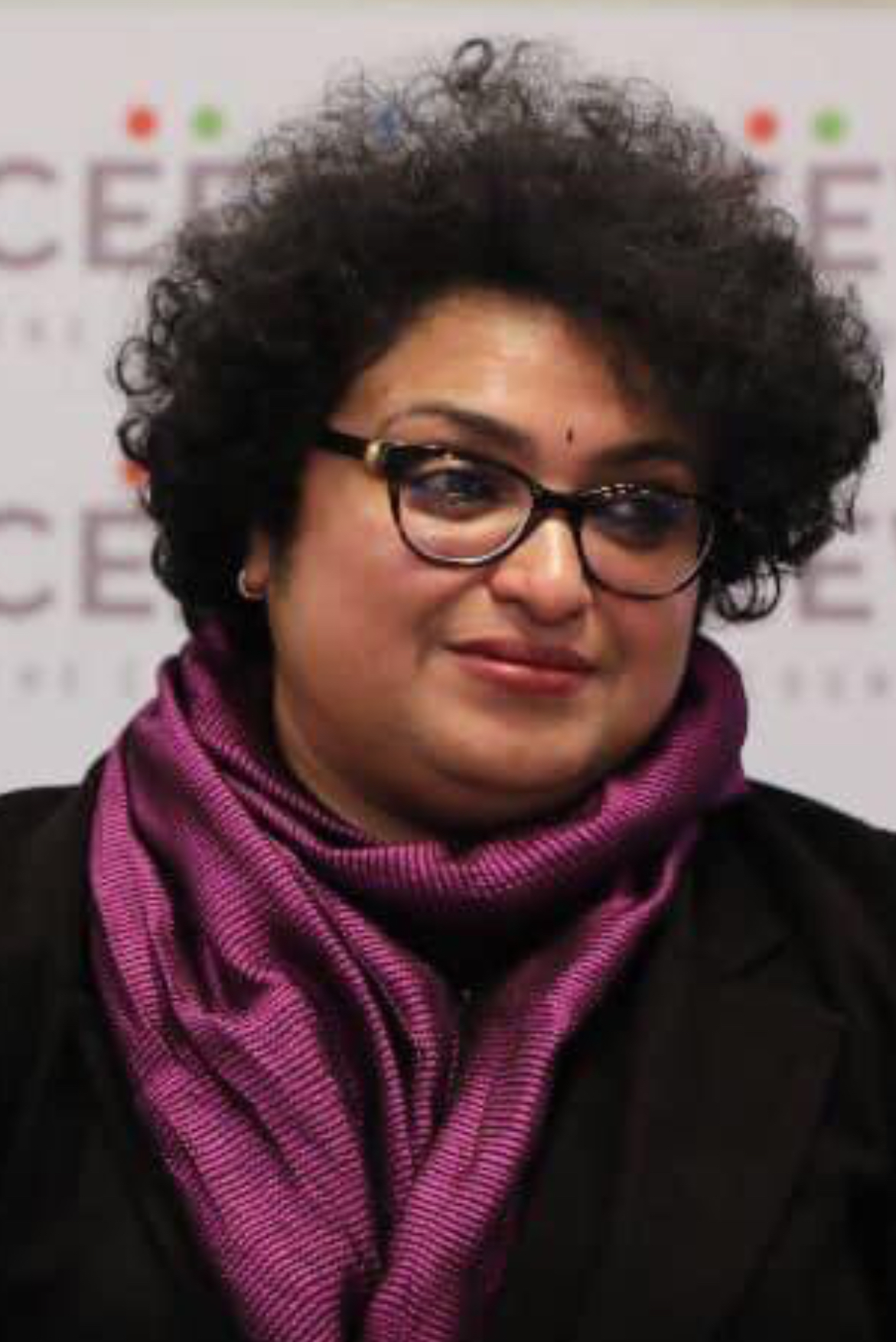(Co-authored with Balamuraly B.)
Asymmetric fiscal rules require wider discussion and debate, as Kerala has highlighted
Public debt management is getting wider attention in Centre-State financial relations, against the backdrop of recently constituted Sixteenth Union Finance Commission. One of the States in India, Kerala, had filed a suit in the Supreme Court of India against the Centre’s decision on the net borrowing ceiling of States. These recent developments relate to a clarion call for “asymmetric fiscal rules” relating to deficits and debts in India. This issue requires wider discussion and debate as debt- deficit dynamics is the single most significant issue now in Centre-State financial relations.
In the post-COVID-19 pandemic fiscal strategy, the fiscal deficit to GDP is envisaged as 3.5% for States, with 0.5% tied to power sector reforms and the general government public debt to GDP at 60% and central government debt at 40%. The outstanding liabilities of Kerala are 36.9 percentage of GSDP as per 2024-25 (BE). However, the roll-over risk is not there as around 16% debt of Kerala has a maturity period within 2025. As of now, Telangana has a long-term debt maturity profile, with refinancing of debt of about 39.9% to be done only by 2063 as compared to 14.7% for Kerala.
Revenue stability is indeed the basis of public expenditure design. In Kerala, own tax revenue constitutes 48% of total revenue and own non-tax revenue (including lotteries) at about 12%. The Comptroller and Auditor General of India (CAG) recently published data on the fiscal projections and the actuals realised according to November 2023 figures. The fiscal marksmanship (percentage of Actuals by Budget Estimates) ratio is only 57.23% for tax revenue in Kerala, as in November 2023. However the fiscal marksmanship of Goods and Services Tax (GST) this fiscal year (56.30%) is higher than the corresponding period in the previous year (54.21%), as in the CAG report.
Volatility as a matter of concern
The Kerala government has cited the volatility in intergovernmental fiscal transfers as a matter of concern. Over the years, the share of Union Finance Commission tax transfers has declined for a few States, including Kerala. If we look at the numbers, the inter se State share of Kerala in the Finance Commission transfers (which was 2.341% in the Thirteenth Finance Commission, and which increased to 2.5% in the Fourteenth Finance Commission) declined to 1.925% in the Fifteenth Finance Commission.
The Fifteenth Finance Commission has designed the tax transfer formula based on population (15%), area (15%), income distance (45%), demographic transition (12.5%), forest and ecology (10%) and tax effort (2.5%). The weightage given to the distance of per capita income in the Finance Commission tax transfer formula adversely affects growing States, including Kerala. This leads to the debate on equity versus efficiency principles of intergovernmental fiscal transfers. If economic convergence (poor States catching up with the rich States) is a prime concern of Union Finance Commissions, giving weightage to the distance criterion is valued.
Against these concerns, increasing the tax effort by strengthening the digital infrastructure in public finance is paramount. Higher public debt has to be continuously linked to higher gross capital formation in physical, digital and social infrastructure.
Continuity of food security measures is significant in times of war and crisis when food inflation is mounting due to supply chain disruptions and energy price volatility. Fiscal policy is important to contain inflation. The Kerala government announced support to tackle inflation in the last Budget as well.
Looking ahead
Investing in a green resilient and knowledge-based economy is crucial for sustainable economic development of the state. A “State adaptation communication” is required by the State with appropriate Budget allocations. Judicious bargaining with the Finance Commission relating to magnitude and criteria (with weightage decisions) is key to ensuring the progressivity of fiscal transfers to the State. There needs to be a negotiation with the Sixteenth Finance Commission for specific-purpose transfers to tackle State-specific issues such as demographic transition, inward and outward migration and climate change crisis.
Fiscal transfer based on the advancement of gender budgeting (including the care economy infrastructure) in the State is critical to redress gender inequalities. This is significant to increase economic growth through increased labour force participation of women. Gender budgeting and gender inequalities are inversely related, and the State has a positive role to play in gender-aware human capital formation. Budget credibility is all that is crucial before the election cycle.
Adequate emphasis on fiscal marksmanship is important to maintain the trust of voters. Fiscal austerity measures through expenditure compression are not an option right now before the State as austerity measures can affect the human capital formation and sustained economic growth recovery.
This article was first published in The Hindu (print version) on April 1st 2024).
Lekha Chakraborty is Professor, NIPFP and Research Associate of Levy Economics Institute of Bard College, New York and Member, Governing Board of International Institute of Public Finance (IIPF) Munich. Balamuraly B. is a former researcher at the National Institute of Public Finance and Policy.
The views expressed in the post are those of the authors only. No responsibility for them should be attributed to NIPFP.

